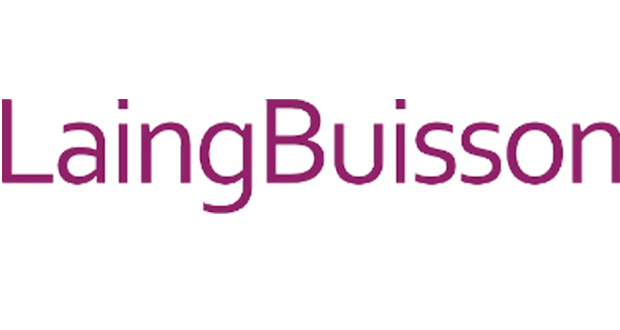Will The Mental Health Market Continue To Grow?
 The UK market for independent mental health hospitals grew by 4.1 per cent to £1.8 billion in calendar 2018.
The UK market for independent mental health hospitals grew by 4.1 per cent to £1.8 billion in calendar 2018.
LaingBuisson has launched the fourth edition of their respected Mental Health Hospitals UK Market Report
Growth is projected to take the market value to £2.3 billion by 2023, in line with the 5 per cent yearly growth allowed for in the NHS funding settlement. With public pay (as opposed to private individuals or insurers) accounting for 90 per cent of this market, the market has been driven, and is likely to continue to be driven, by growing NHS expenditure on mental health services. The goal of ensuring that mental health gains parity with physical health in terms of how it is viewed and treated contributes to this trend.
Independent providers will hope that profitability improves as the financial pressures on the NHS ease. While not finally adopted at the time of writing, the indicative NHS tariff uplift has been set at +3.9 per cent for 2019/20.
However, the scope for growth and improved profits for independent providers cannot be taken for granted. Positively, there remains an NHS England moratorium on the commissioning of new capacity. Also, many local NHS Mental Health Trusts focus their in-house capacity on supporting the broad needs of their local populations rather than investing in specialised services.
Specialisation remains the main strength of the independent sector, even in the face of in-house NHS capacity growing, and especially if independent providers can demonstrate their value for money. This attracts controversy in that some patients have to travel long distances to access appropriate treatment owing to an unequal distribution of facilities across the country, but it prevents national shortages in specialist care. It has also created a certain amount of ‘churn’ at establishment-level as hospitals have opened and closed to meet changing patterns of demand from the NHS.
Specialism is likely to continue to provide the springboard for expansion. Much of the new NHS targeted spending is currently earmarked for community-based services. These are mainly provided by the NHS in house and this is not expected to change. As a result, opportunities for growth are likely to lie in expansion into the larger adult specialist care home sector.
William Laing, author of the report, said:
“While there is greater prevalence and recognition of mental illness, these are not strong drivers of demand in the independent mental health hospitals in of themselves. Far stronger is the greater funding priority being afforded to mental health in line with the ‘parity of esteem’ mantra and also the fear factor which is leading to a rising trend in detentions indicating a weighting towards the protection of society as opposed to the right to liberty.
“Continued NHS outsourcing is also a major driver and while the past two years have seen a stop in the decline in NHS in-house mental health bed capacity, ending a four-decade trend, the prices offered by the independent sector are comparable with the NHS’s in-house costs. Also, the NHS has limited capital budgets, suggesting that there be restrictions on how much further capacity can be created.
“In addition, while the government has a focus on ending inappropriate out of area placements, most of which are in the independent sector, there appears to be little appetite on the part of Trusts to set up specialised services which would need to attract out of area placements to be viable.”





